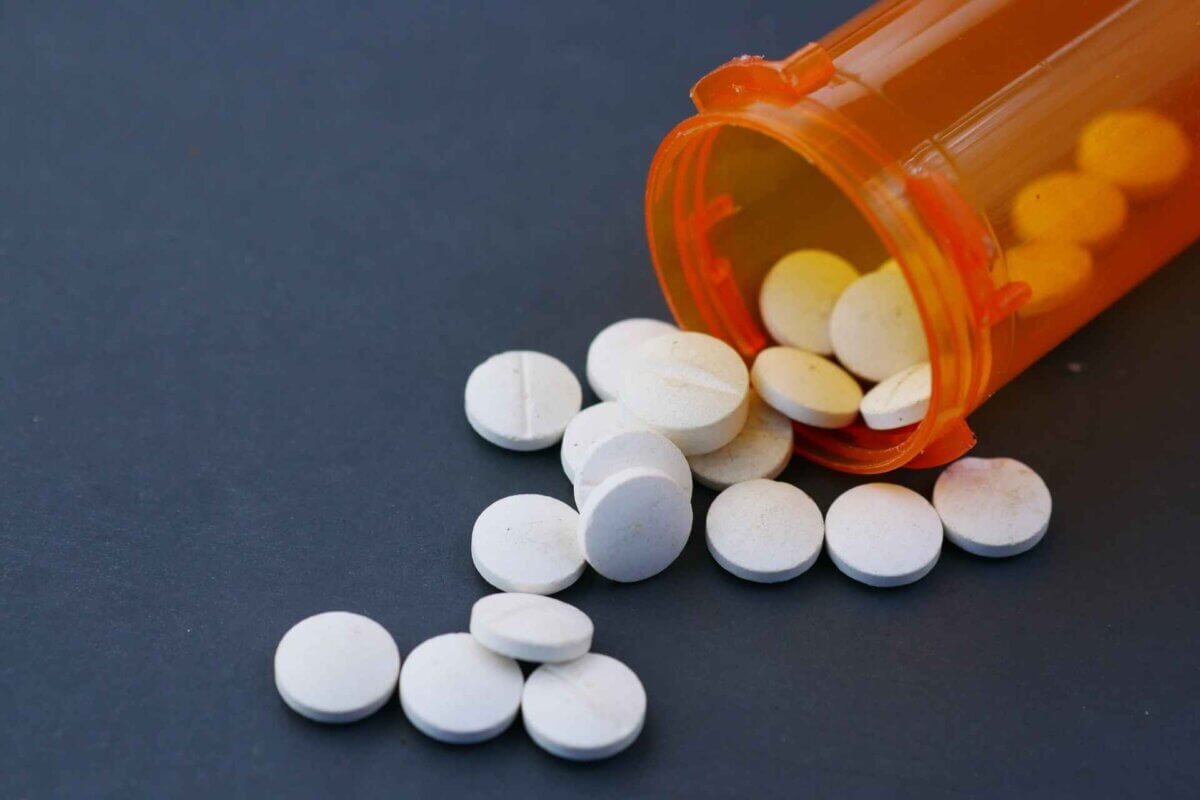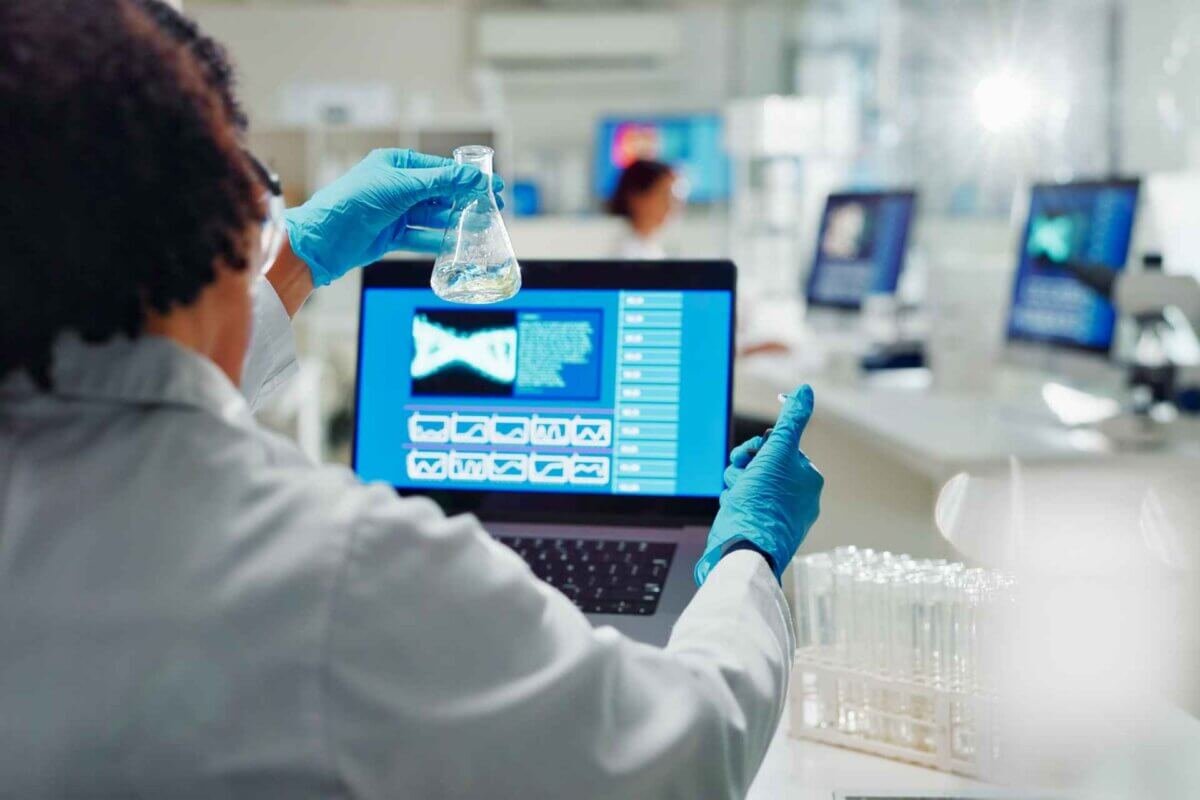Nu-Tek Biosciences, an innovative manufacturer of industrial ingredients used in the development and manufacturing of pharmaceuticals, cut the ribbon on its built-for-purpose, state-of-the-art manufacturing facility last month.
The ribbon-cutting event featured an array of VIP speakers, including Austin Mayor Steve King and Nu-Tek CEO Thomas Yezzi and a congratulatory message from Minnesota Governor Tim Walz. Hosted by Frank Jaskulke, Vice President of Intelligence at the Medical Alley Association, the event also featured a drone video tour of the new manufacturing plant, a concert from Austin’s own Martin Zellar and The Gear Daddies, and a fireworks show.
In a pre-grand opening visit, on August 18, Minnesota Senator Amy Klobuchar toured the one-of-a-kind facility, citing the importance of Nu-Tek’s plant and its capacity to mitigate supply chain risks with domestic manufacturing. Additionally, the Hormel Institute, an independent cancer research department within the University of Minnesota, gifted CEO Tom Yezzi and Nu-Tek a commemoratory piece of art.
The 60,000-ft2 facility is the first dedicated, animal-free peptone and protein hydrolysate manufacturing facility in the United States. The facility is expected to be fully operational in October and will employ around 35 people. Even more jobs will be created as Nu-Tek executes the next phases of the business. Because the new facility was built specifically for Nu-Tek’s manufacturing capabilities, the plant design and engineering put safety measures in place that would be difficult to install in a legacy plant. This includes people flow, process flow, electronic record keeping, and cross-contamination prevention. Nu-Tek’s quality management system is ISO9001 certified. In addition, Nu-Tek has been able to incorporate extensive raw material tracking and testing to better understand final product performance.
After a competitive and extensive site-selection process, Nu-Tek decided on the City of Austin for the plant’s location. Yezzi cites Austin’s proximity to healthcare industry leaders, such as the Mayo Clinic Health System and the Hormel Institute, as major deciding factors for the location, as well as Austin’s rich manufacturing history. Approximately 85% of the $45 million project was completed by Minnesota companies, with Wisconsin-based JCW Development and WDS Construction also on the facility’s design and build team. The facility sits on over nine acres, with more space available for future expansion.



